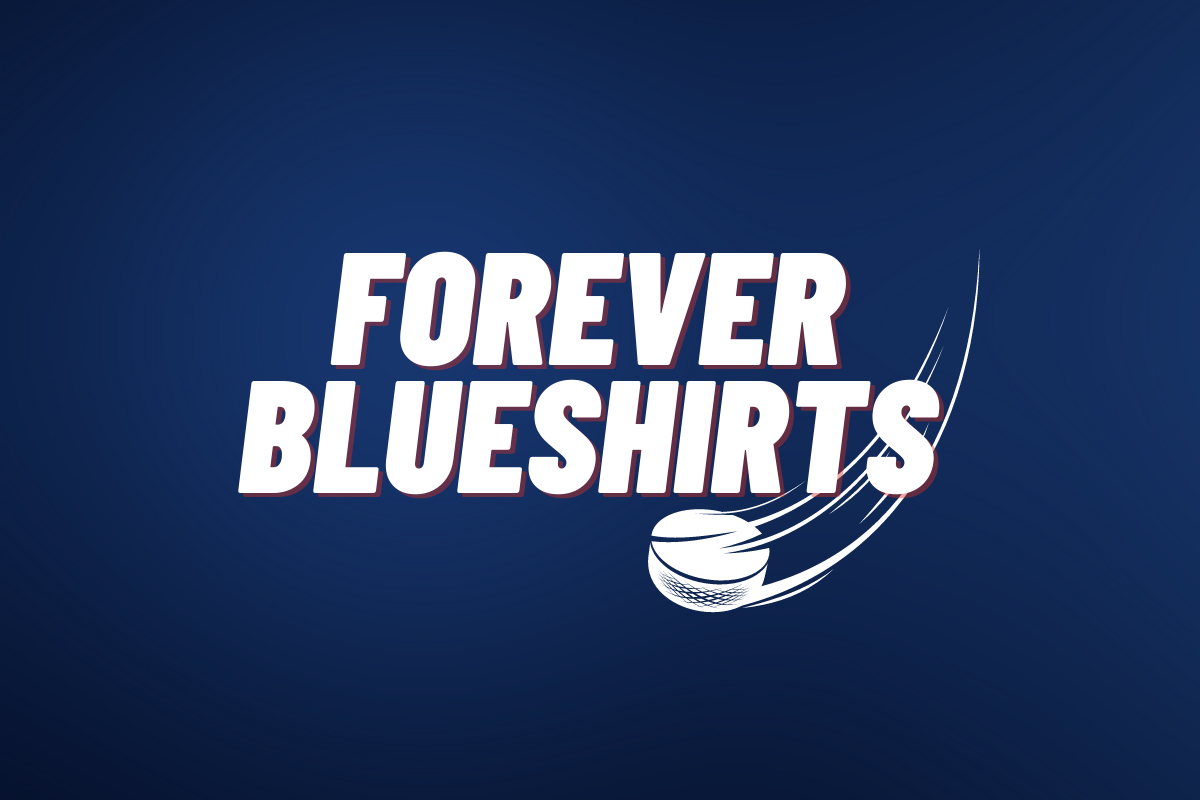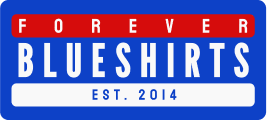AHL begins BIG first step to returning next season
The American Hockey League has established their return to play task force to help prep for the 2020-21 season. The official task force was confirmed by the league on Monday afternoon with a diverse group of individuals in the hockey world. The task force has one NHL owner, five NHL General Managers, one AHL owner, and five AHL team executives.
AHL 2020-21 Strategic Return to Play Task Force
• David Andrews, Chairman
• Mark Chipman – Chairman and Governor, Winnipeg Jets
• Kyle Dubas – General Manager, Toronto Maple Leafs
• Ken Holland – General Manager and President of Hockey Operations, Edmonton Oilers
• David Poile – General Manager and President of Hockey Operations, Nashville Predators
• Don Sweeney – General Manager, Boston Bruins
• Steve Yzerman – Executive Vice President and General Manager, Detroit Red Wings
• Jeff Barrett – Chief Executive Officer, Wilkes-Barre/Scranton Penguins
• Tera Black – Chief Operating Officer, Charlotte Checkers
• Jim Brooks – Co-Owner, Lehigh Valley Phantoms
• Todd Frederickson – President, Iowa Wild
• Mike Ostrowski – President and Chief Operating Officer, Cleveland Monsters
• Matt Savant – President, Business Operations, San Diego Gulls
AHL
The league will rely on strategic leadership from the task force regarding all aspects of the game. The AHL will follow similar steps to the NHL regarding when to begin the upcoming season and other guidelines. Discussed as an idea, there was a possibility for the league to start on time in October. That would be difficult considering the NHL will play late into the year to complete their season. I expect the AHL to have a delayed start with a similar projection date for the 2020-21 season aligning with the NHL.

Post Pandemic Impact
This is the first of many steps needed for the AHL and Wolf Pack in a post pandemic world. The hope is to have some fans return to the stands when the season start as all teams rely on gate revenue. The current financial model for clubs does not support a season with no revenue since the AHL relies heavily on gate and concession sales.
Looking further at the model, there are questions regarding arena capacities and the new attitude on attending sporting events. For instance, the Hartford Wolf Pack rely heavily on group outings for crowds. Will groups return when fans are allowed or will that revenue stream be limited? How will the average fan think about attending a sporting event? These questions not only are looming over minor league teams, but also on the professional stages.
If there is no vaccine by the time fans return, crowds could be sparse due to low comfort levels in attending games with risks. In addition, fans in all sports will likely be required to wear masks and social distance. That will likely translate to limited tickets available. The AHL has faced challenges in the past and made it out, but this time they will have to navigate the waters differently.
“Not to say that these are insurmountable challenges.
This is a league that has been in business for 84 years, Andrews (AHL Commissioner) has established a strong foundation, and it provides an essential service to the NHL. It is the NHL’s R&D division in some ways.
The AHL faced severe turmoil in the 70s on both economic and hockey fronts that cut the league to six teams and cost several long-time franchises. The league had a lot less going for it then and still managed to survive that.”
Patrick Williams
As updates continue throughout the off-season, Forever Blueshirts will keep you in the loop with the next steps in the AHL. Stay tuned.
More About:New York Rangers Features New York Rangers News
